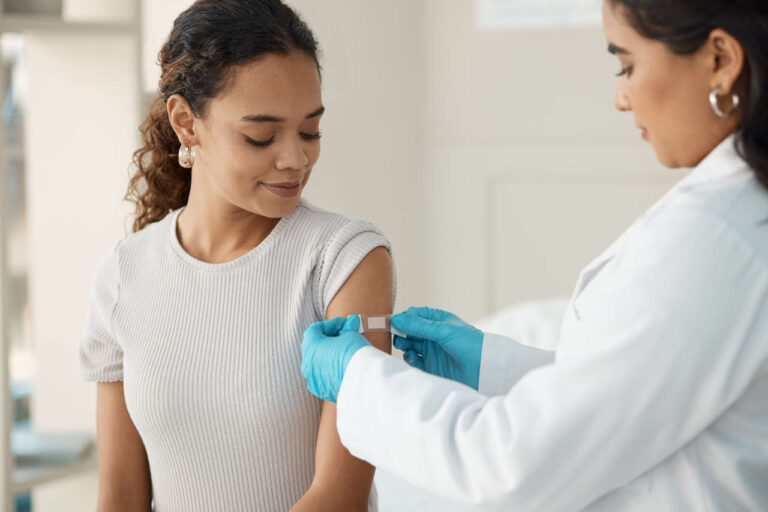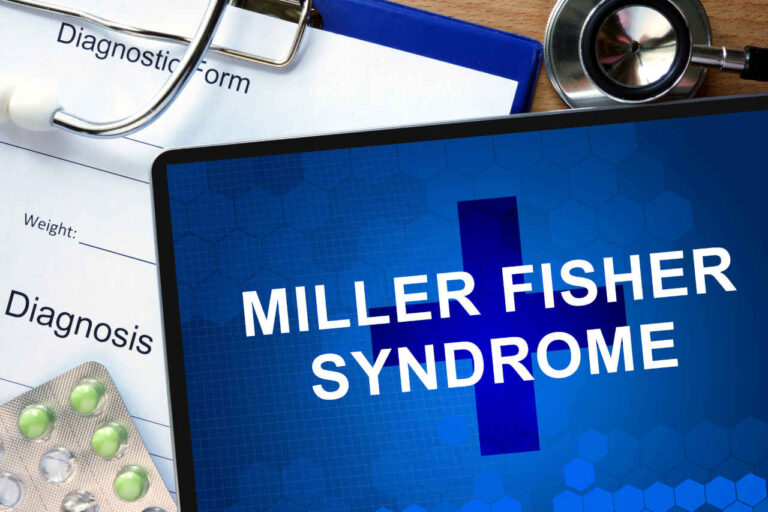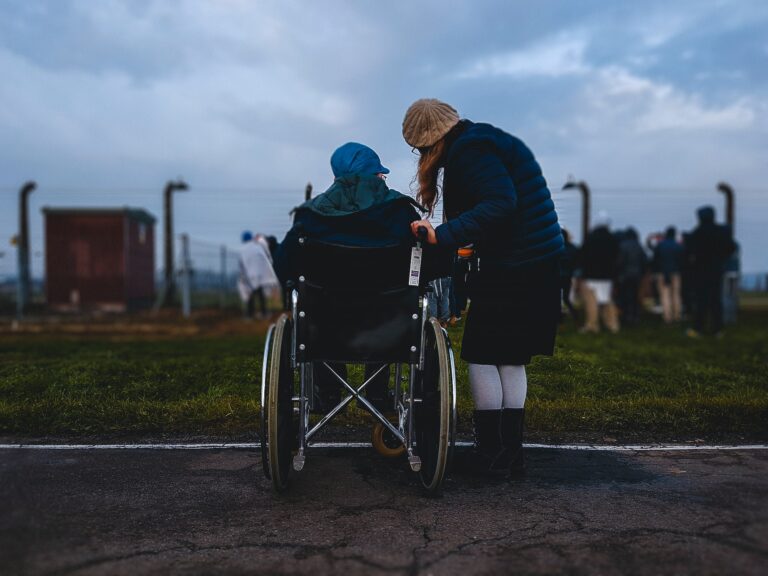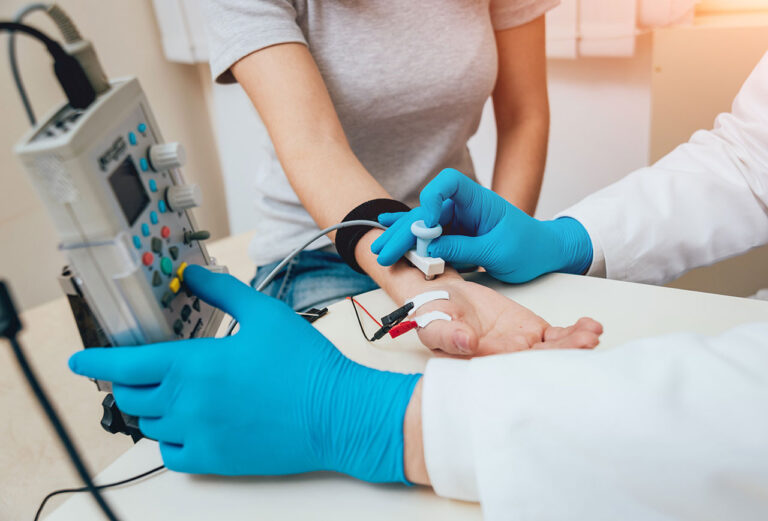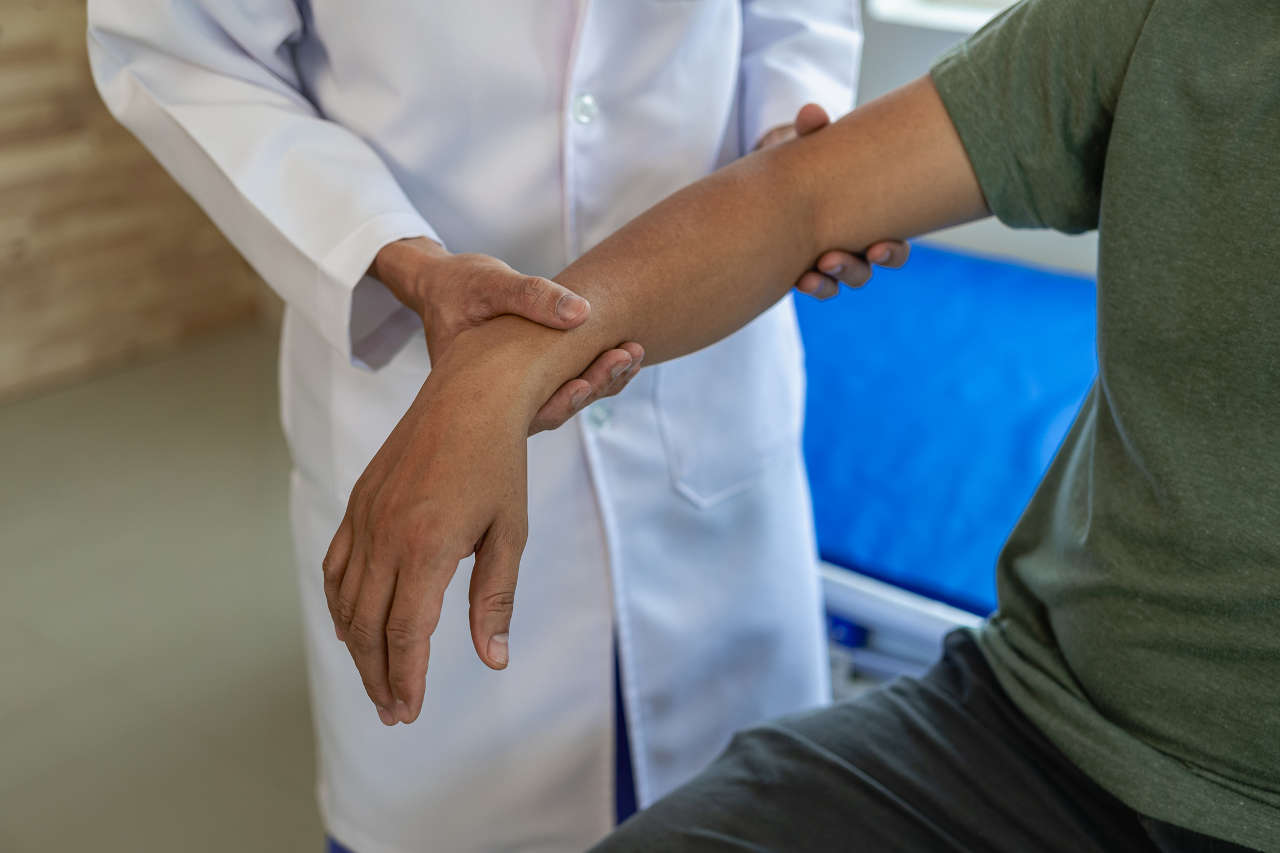
En este artículo se analizan las empresas establecidas y emergentes. Síndrome de Guillain-Barré factores de riesgo.
Habla con un especialista
Acerca de la asistencia para copagos¿Qué es el síndrome de Guillain-Barré?
El síndrome de Guillain-Barré es una enfermedad poco común que afecta entre 3.000 y 6.000 estadounidenses cada año.1]. Provoca que el sistema inmunitario ataque los nervios periféricos. Por lo tanto, puede considerarse un trastorno autoinmunitario.
Los nervios afectados controlan el movimiento muscular y las sensaciones de tacto y dolor. El SGB puede provocar:
- debilidad muscular
- Pérdida de sensibilidad en las piernas o los brazos
- Dificultad para tragar o respirar
Se desconoce la causa del síndrome de Guillain-Barré. Los investigadores creen que ciertas infecciones desencadenan el ataque del sistema inmunitario a los nervios.
Actualmente no existe cura para esta afección. Sin embargo, intercambio de plasma (plasmaféresis) e inmunoglobulina intravenosa (IVIG) Puede ayudar a promover la recuperación y reducir la gravedad.
Lectura adicional: Explorando la terapia con IgIV para el síndrome de Guillain-Barré
¿Cuáles son los factores de riesgo del síndrome de Guillain-Barré?
El síndrome de Guillain-Barré puede afectar a cualquier persona, independientemente de la edad y el sexo.
Los factores de riesgo establecidos del síndrome de Guillain-Barré incluyen:
Edad
El riesgo parece mayor en personas de 50 años o más.
Diarrea o enfermedad respiratoria
Aproximadamente el 66% de las personas con SGB tuvieron diarrea o una infección respiratoria varias semanas antes de experimentar los síntomas del SGB.
Campylobacter jejuniLa bacteria que causa diarrea es el factor de riesgo más común del SGB. Generalmente se encuentra en aves poco cocidas.
El SGB se presenta en aproximadamente 1 de cada 1000 personas infectadas con Campylobacter. Asimismo, entre el 5% y el 40% de los estadounidenses con SGB presentaron diarrea reciente asociada a Campylobacter.
Infecciones virales
Infecciones con citomegalovirusEl virus de Epstein-Barr, el virus del Zika o el virus de la influenza pueden desencadenar el síndrome de Guillain-Barré en algunas personas.
Vacunación
En raras ocasiones, los síntomas del SGB pueden aparecer varios días o semanas después de recibir ciertas vacunas. Algunos estudios sugieren que el riesgo puede aumentar después de la vacunación contra la gripe.2].
Sin embargo, el riesgo es insignificante: como máximo de 1 a 2 casos adicionales por cada millón de dosis de vacunas.
De hecho, es más probable contraer SGB por la gripe que por la vacuna antigripal.
Por lo tanto, este pequeño riesgo no debería impedir que usted o sus seres queridos reciban las vacunas recomendadas.
Género
El síndrome de Guillain-Barré afecta ligeramente más a los hombres que a las mujeres.
Cirugía
El síndrome de Guillain-Barré inducido por cirugía, también llamado síndrome de Guillain-Barré posquirúrgico, puede afectar entre el 5 y el 91% de los adultos [3].
Pregunte sobre la infusión de IgIV en el hogar
COVID-19 y vacunas contra la COVID-19: nuevos factores de riesgo del síndrome de Guillain-Barré
En 2021, un equipo de investigadores indios compartió cinco informes de casos que sugerían un posible vínculo entre la COVID-19 y el síndrome de Guillain-Barré [4]. De manera similar, los autores de un estudio de 2023 arrojaron luz sobre la aparición del síndrome de Guillain-Barré posterior a la COVID-19 [5].
Sin embargo, se necesita más investigación.
Se prevé un mayor riesgo de SGB en quienes reciben vacunas contra la COVID-19 basadas en vectores [6,7]. Ejemplos de dichas vacunas son las vacunas COVID-19 de Johnson & Johnson y AstraZeneca.
Al igual que con otras vacunas, el aumento del riesgo de SGB después de la vacunación contra la COVID-19 es insignificante.
Afortunadamente, las vacunas de ARNm, como la vacuna Moderna contra la COVID-19, no parecen causar ningún problema.
Conclusiones clave
- El síndrome de Guillain-Barré es una enfermedad autoinmune rara pero grave, sin causa identificable ni cura.
- Los síntomas incluyen debilidad muscular y pérdida de la sensibilidad.
- La recuperación completa se produce en la mayoría de los casos.
- Tratamientos como el intercambio de plasma y la inmunoglobulina intravenosa pueden ayudar a que los síntomas sean menos graves.
- La edad y las infecciones bacterianas o virales son los principales factores de riesgo del síndrome de Guillain-Barré.
- Infección con Campylobacter jejuni, que se encuentra a menudo en aves poco cocidas, es el factor de riesgo más común.
- Algunos estudios han vinculado la COVID-19 y otras vacunas con esta enfermedad. Sin embargo, el riesgo es insignificante.
REFERENCIAS:
- Centros para el Control y la Prevención de Enfermedades. Síndrome de Guillain-Barré. https://www.cdc.gov/campylobacter/guillain-barre.html
- Babazadeh, Arefeh et al. “Vacunación contra la gripe y síndrome de Guillain-Barré: ¿Realidad o miedo?”. Revista de medicina interna traslacional, vol. 7, 4, 137-142. 31 de diciembre de 2019, doi:10.2478/jtim-2019-0028
- Khosroshahi, Nahid et al. “Deterioro del síndrome de Guillain-Barré tras una cirugía abdominal”. Revista iraní de neurología infantil, vol. 16, 2 (2022): 155-159. doi:10.22037/ijcn.v15i3.30815
- Khan, Farman et al. “Síndrome de Guillain-Barré asociado a COVID-19: ¿Solo postinfeccioso o también neuroinvasivo?”. Revista de Virología Médica, vol. 93, 10 (2021): 6045-6049. doi:10.1002/jmv.27159
- Malekpour, Mahdi et al. “COVID-19 como desencadenante del síndrome de Guillain-Barré: Una revisión del mecanismo molecular”. Inmunidad, inflamación y enfermedad, vol. 11,5 (2023): e875. doi:10.1002/iid3.875
- Ogunjimi, Olajide Bamidele et al. “Síndrome de Guillain-Barré inducido por la vacunación contra la COVID-19: Una revisión sistemática y un metaanálisis”. Cureus vol. 15, 4 e37578. 14 de abril de 2023, doi:10.7759/cureus.37578
- Ha, Jongmok et al. “Datos reales sobre la incidencia y el riesgo de síndrome de Guillain-Barré tras la vacunación contra el SARS-CoV-2: un estudio prospectivo de vigilancia”. Scientific reports vol. 13, 13773. 7 de marzo de 2023, doi:10.1038/s41598-023-30940-1

